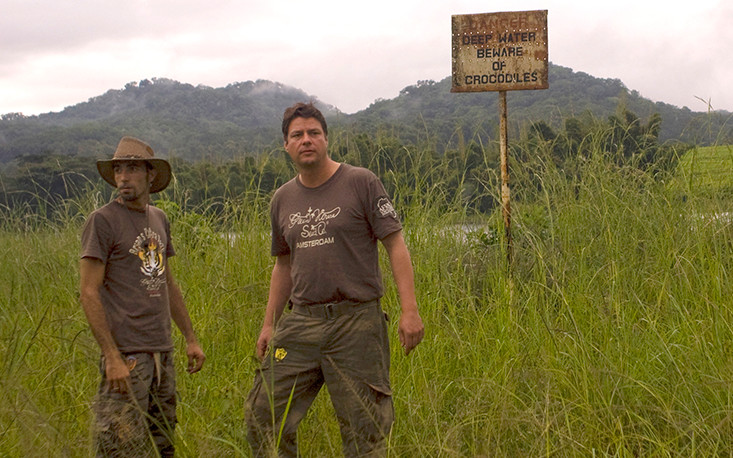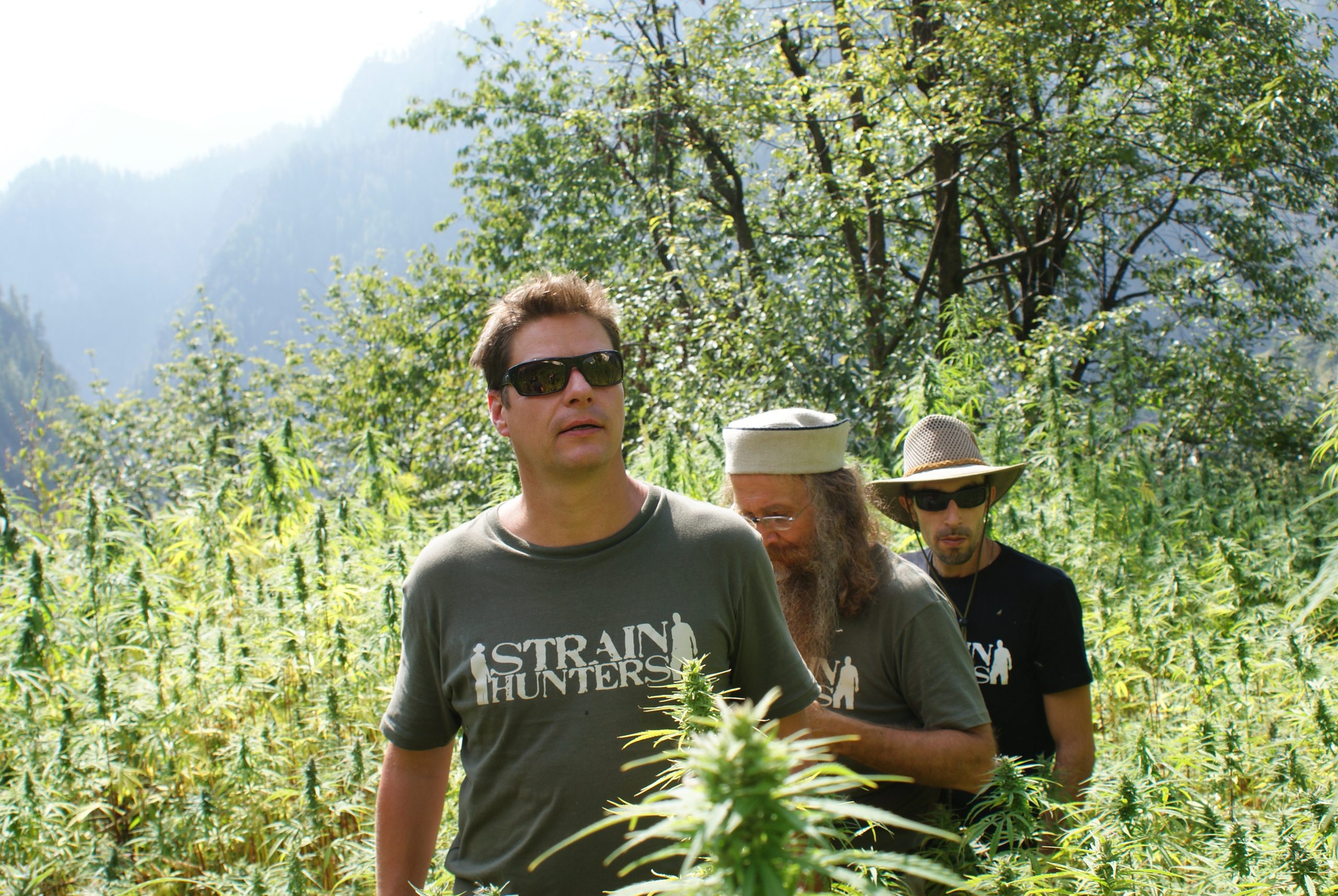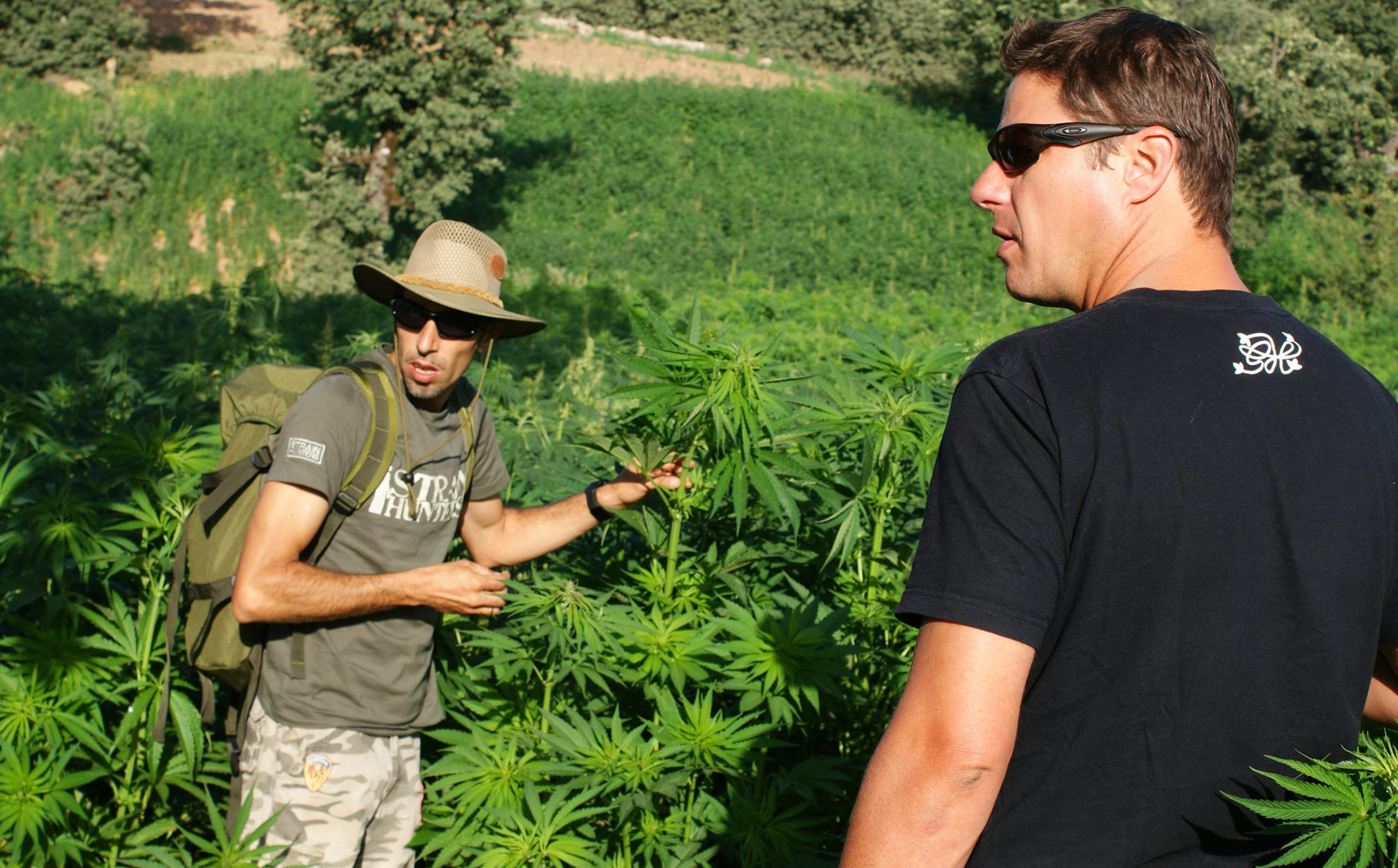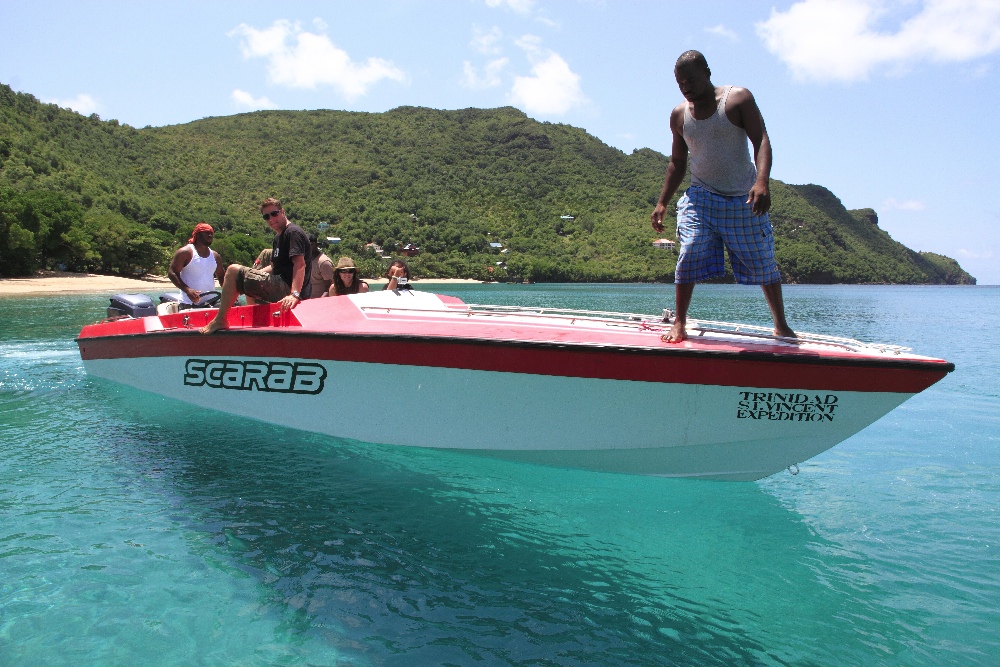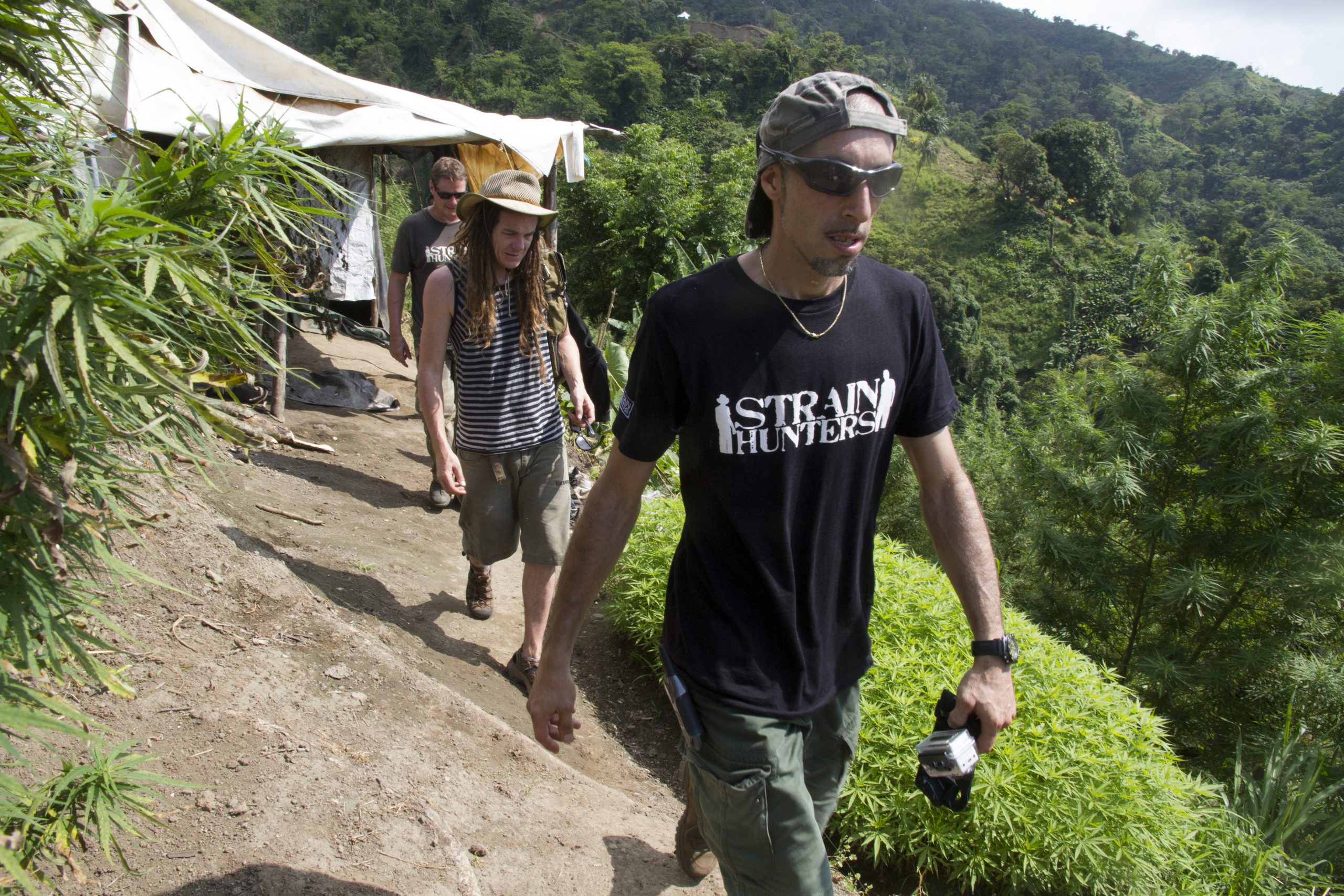Strain Hunters Swaziland Expedition
The Hunt for the Swazi Gold Landrace
Swaziland is a small country landlocked between South Africa and Mozambique, with just over 1 million inhabitants. It is mostly known for its natural parks, where the amazing African flora and faunas are protected and visited by a large number of tourists each year. Swaziland is a very poor country, and it has the highest HIV/AIDS infection ratios on the planet (around 40% of the population is infected, according to data from the US government). It is also the last absolute monarchy in Southern Africa, and King Mswati III rules the country according to traditional tribal values, with a very dictatorial style. He has 14 wives, and every year chooses a new wife between thousands of “competing” virgins. This ceremony is internationally known as the Reed Dance and represents a major tourist attraction, albeit mounting criticism from the international community. Swaziland has a constitution but political parties are illegal, and the currency is directly linked to the South African Rand. Despite these not- so-democratic facts, the people of Swaziland are very friendly and extremely welcoming to foreigners, and the country enjoys a relatively crime-free status, with very little violence. Compared to neighboring South Africa and Mozambique it is a relatively safe country to travel to. Nevertheless a certain degree of organization and flexibility is mandatory, because the lack of infrastructure can be a real challenge.
Swaziland produces very large amounts of cannabis considering the limited geographical extension it occupies. According to the United Nations Drug Report of 2008, Swaziland is in the top-5 cannabis producing countries on the African continent. Virtually all of the cannabis production is exported across the porous border to South Africa or Mozambique, with a very small part left to satisfy the local demand. The people of Swaziland have the same type of relationship with cannabis that it is found in most of the poorest areas of the planet: it is the only crop able to create some income and to support local economical growth at tribal-family level. Most of the male population of the rural areas uses cannabis on a daily basis, for both recreational and medicinal purposes. The antiseptic properties of cannabis are extremely helpful to fight infections in rural areas…. read more on the website
